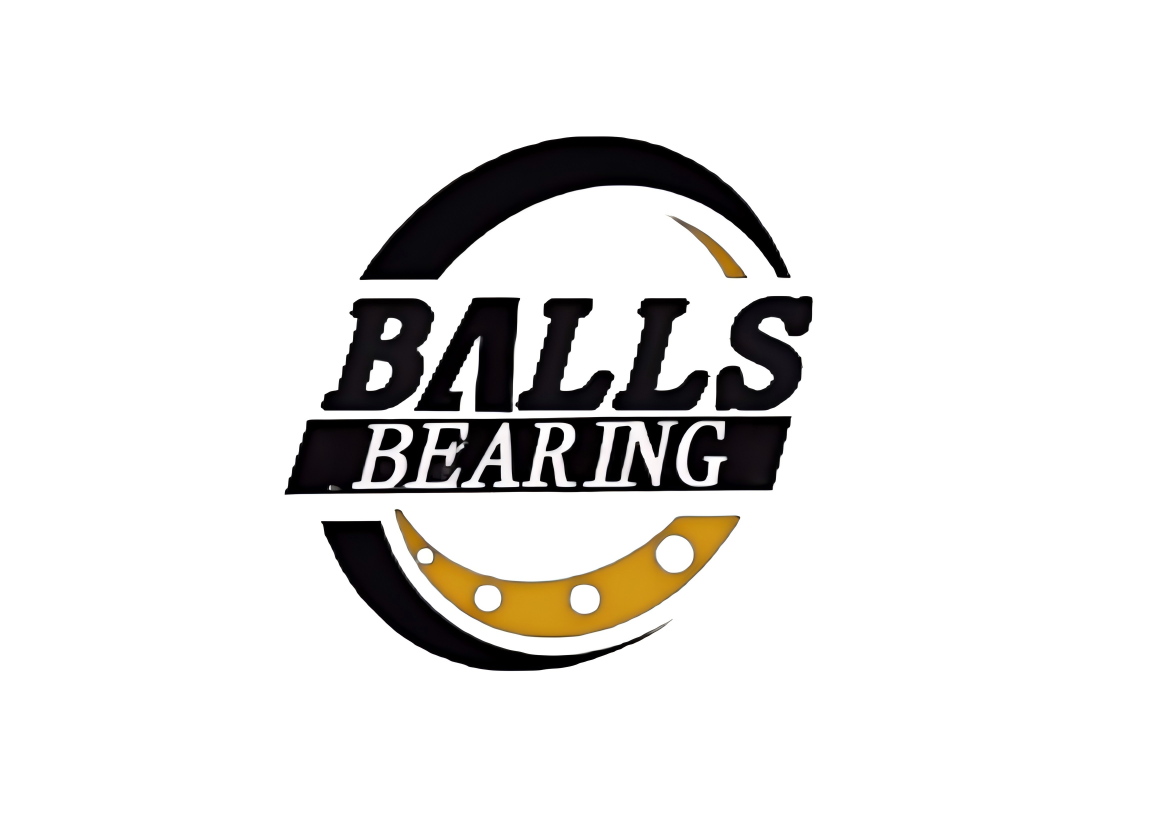Why do many people complain that bearings make loud noises after being used for a period of time?
Today we will briefly analyze several possible reasons, which can be roughly divided into the following four points:
1. The shape and position tolerance deviation of the bearing seat or shaft components is large.
If the shape and position tolerance deviation is not serious, after the first set of bearings are installed, the internal part of the bearing is squeezed and deformed, which is very likely to produce noise.
At this time, if the bearings are replaced and the first set of bearings are removed, the disassembly process will "correct" the shape and position tolerances of the relevant components to a certain extent, and the noise may be alleviated by replacing new bearings.
If the shape and position tolerance deviation is serious, the aforementioned "correction" does not adjust the relevant shape and position tolerances to a reasonable range, and the noise will still exist no matter how the bearings are replaced.
2. Improper bearing installation methods or failure to strictly follow the bearing installation procedures can also cause bearing noise.
When cold-installing bearings, knocking on the bearings, uneven force, resulting in elastic deformation of the bearings; excessive force and torque transmission through the rolling elements, resulting in plastic deformation inside the raceway; knocking on the cage, resulting in plastic deformation of the cage, etc., will all cause bearing noise to increase.
In this case, it is very easy to be mistaken for a problem with the bearing itself, so the root cause of the problem is ignored, and the strict control of the installation process is also ignored. The problem will occasionally occur in subsequent maintenance work.
The situation that causes plastic deformation inside the bearing can be avoided by paying attention when replacing the new bearing, and the noise will disappear after replacing the new bearing.
3. Inadequate cleaning or contaminated lubricant can also cause bearing noise.
When cleaning the bearing seat hole and the journal, solid particle contaminants remain on the surface.
When installing the bearing, the solid particle contaminants are squeezed between the contact surface of the bearing inner hole and the journal or between the outer diameter of the bearing and the bearing seat hole, which may cause the bearing raceway to be squeezed and elastically deformed, and the rolling element will vibrate and generate noise when passing.
If the lubricant is contaminated, especially solid particle contaminants enter the inside of the bearing, it will cause vibration and noise between the contact surfaces inside the bearing.
Improper selection of lubricants, especially when grease lubrication, improper selection of parameters such as consistency, oil separation rate, and base oil viscosity, will result in the inability to form an effective lubricating oil film between the contact surfaces inside the bearing at the beginning of operation, resulting in dry friction, which will cause bearing noise.
At this time, if a new bearing is replaced, the noise may be alleviated due to the problem of lubrication addition method, but it is more likely that the noise will still exist.
4. Inadequate cleaning or contaminated lubricant can also cause bearing noise.
When cleaning the bearing seat hole and the journal, solid particle contaminants remain on the surface.
When installing the bearing, the solid particle contaminants are squeezed between the contact surface of the bearing inner hole and the journal or between the outer diameter of the bearing and the bearing seat hole, which may cause the bearing raceway to be squeezed and elastically deformed, and the rolling element will vibrate and generate noise when passing.
If the lubricant is contaminated, especially solid particle contaminants enter the inside of the bearing, it will cause vibration and noise between the contact surfaces inside the bearing.
Improper selection of lubricants, especially when grease lubrication, improper selection of parameters such as consistency, oil separation rate, and base oil viscosity, will result in the inability to form an effective lubricating oil film between the contact surfaces inside the bearing at the beginning of operation, resulting in dry friction, which will cause bearing noise.
At this time, if a new bearing is replaced, the noise may be alleviated due to the problem of lubrication addition method, but it is more likely that the noise will still exist.
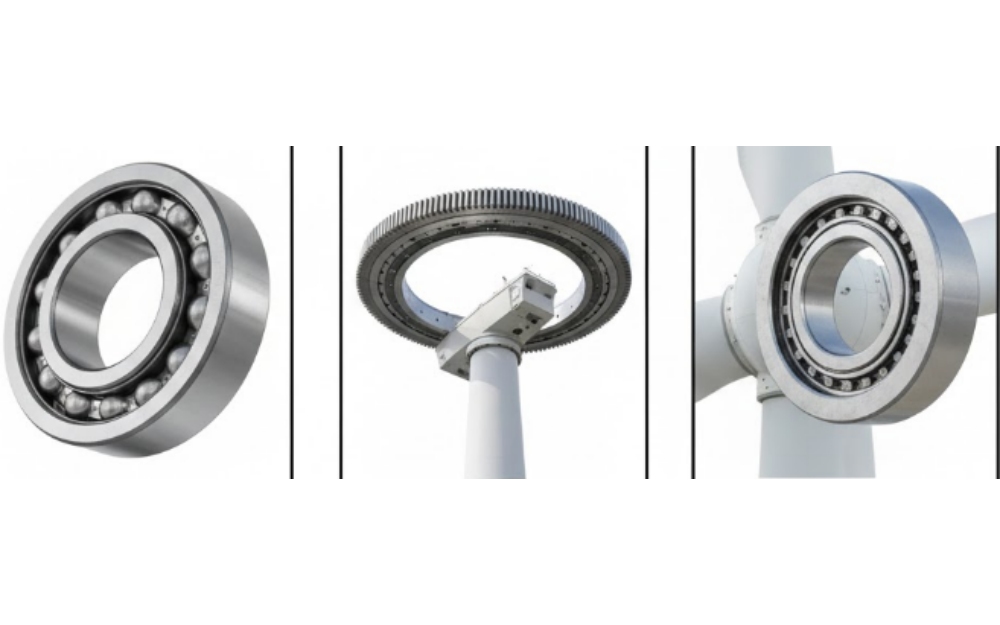 What type of bearings are used in wind turbines?
What type of bearings are used in wind turbines?
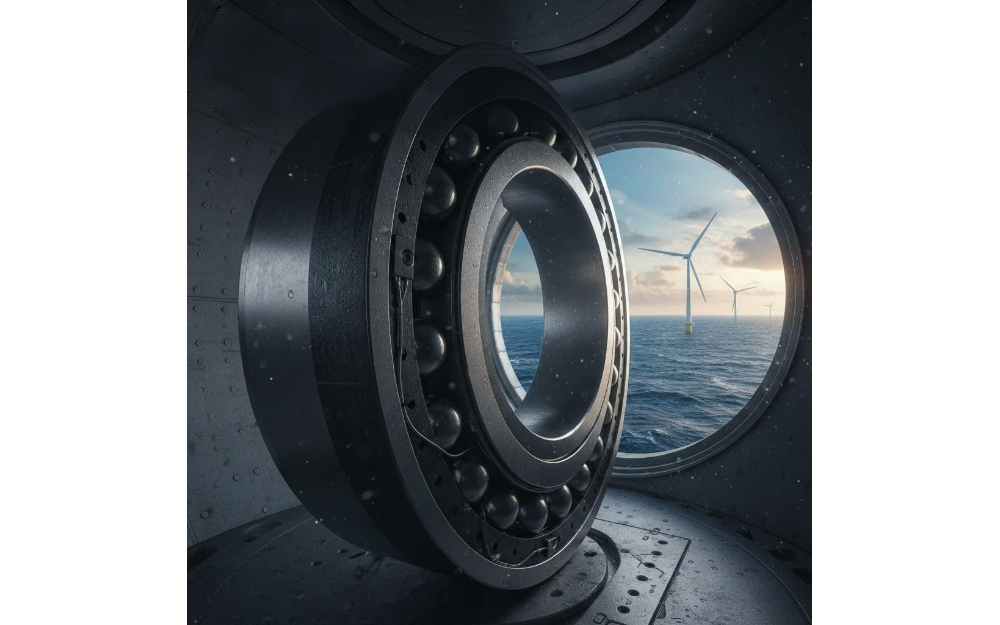 The "20-year promise" of wind turbine bearings: How to combat sea winds at an altitude of 100 meters?
The "20-year promise" of wind turbine bearings: How to combat sea winds at an altitude of 100 meters?
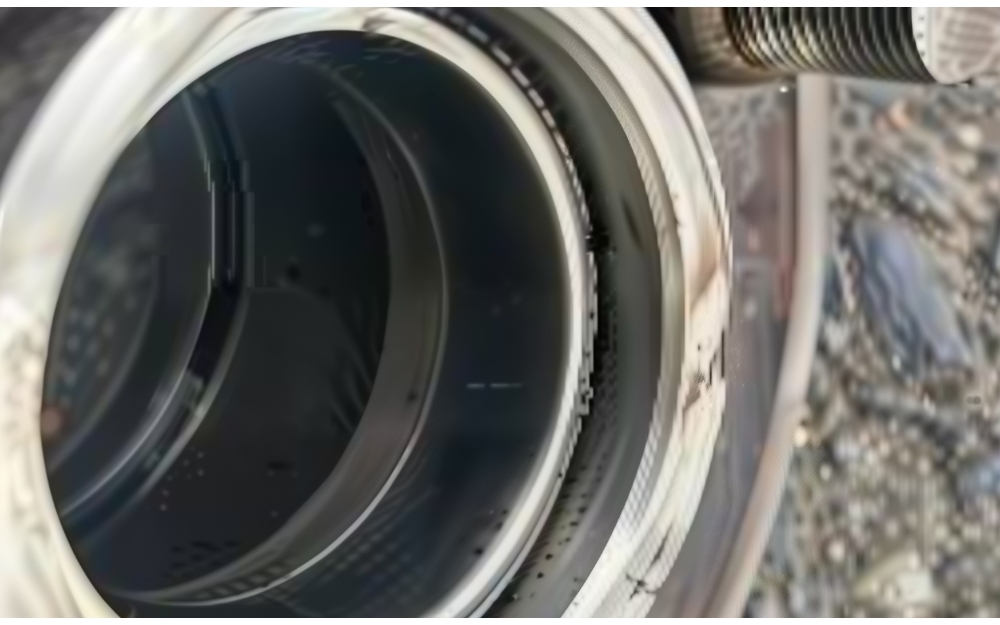 Why can these "look the same" bearings have a price difference of up to 100%?
Why can these "look the same" bearings have a price difference of up to 100%?
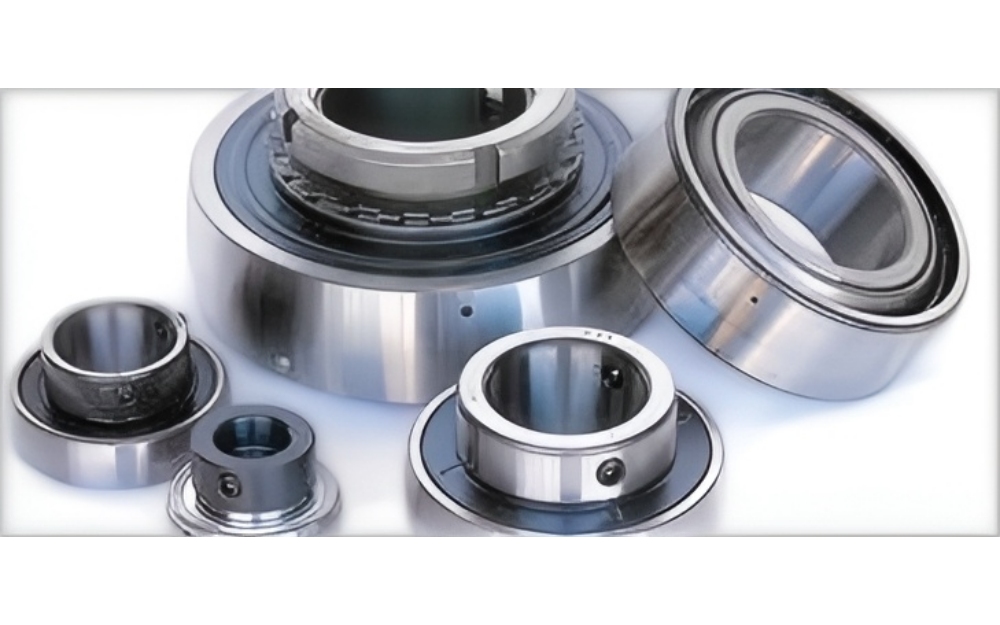 Deep Groove Ball Bearing vs. Angular Contact Ball Bearing 2025
Deep Groove Ball Bearing vs. Angular Contact Ball Bearing 2025
